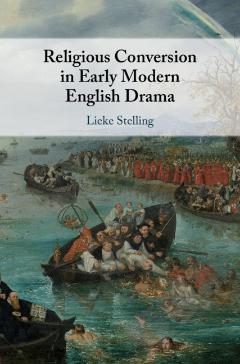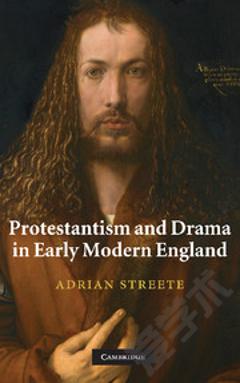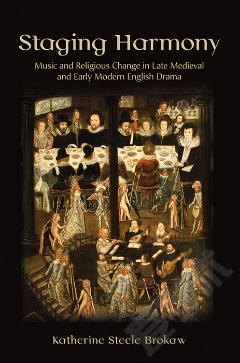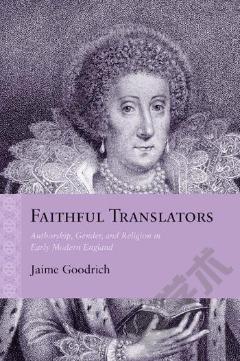Religious Conversion in Early Modern English Drama
This dissertation provides a comprehensive and cross-religious analysis of representations of religious conversion in early modern English drama. An urgent topic due to the religious upheavals of the early modern period, conversion provoked questions about a variety of religious and social issues, including divine and human agency, mystical experience, the demarcation of religious identities and the nature and possibility of religious transformation. The stage, which served an important socio-cultural role in early modern England, responded to these questions in dramatizations of conversion that investigated conditions under which it could be successful. By distinguishing between spiritual and interfaith conversion, this study demonstrates that in plays perceptions of faith in spiritual terms were increasingly replaced by an understanding of belief in terms of mutually exclusive denominational identities. Moreover, despite the great interest in interfaith conversion, and despite the importance of religious change and transformation on the stage, early modern playwrights did everything in their power to suppress conversion and the idea that the same depraved Muslim, Jewish, Catholic or pagan identities they had constructed could be shed and exchanged for a righteous (Protestant) Christian one.
{{comment.content}}








 京公网安备 11010802027623号
京公网安备 11010802027623号